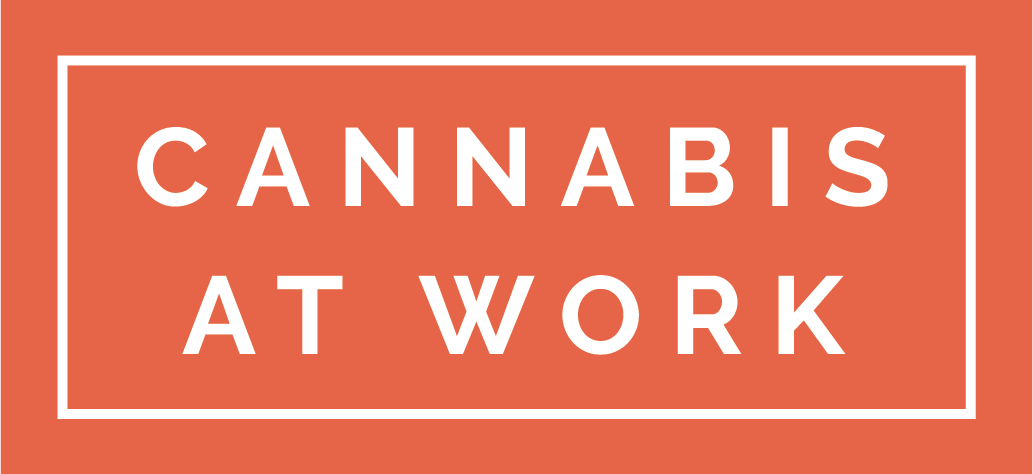Employers in Canada have a duty to accommodate employees with medical disabilities that are using prescribed medical cannabis as a treatment.
Human Rights legislation in Canada requires employers to accommodate individuals with a mental or physical disability (amongst other protected grounds). Under this legislation an employer cannot discriminate against an employee or treat them differently because of their disability.
The duty to accommodate means the employers must make every reasonable effort to accommodate an employee who falls under a protected ground (i.e. disability) to the point of undue hardship. This includes accommodating the treatment options that follow the disability.
Medical cannabis is legal in Canada and prescribed for medical illnesses and injuries as an alternative option to prescription drugs. A person who has a medical disability and is using medical marijuana prescribed by a physician must be accommodated by his or her employer to the point of undue hardship.
This may sound straightforward, but the lack of black and white definitions makes applying this in the workplace challenging.
Accommodation requires the employer to provide an alternate position, adapt their role or make changes to the work environment so the employee can successfully perform their job. It may mean allowing for flexible work hours, buying special equipment or re-bundling duties. There is no rule for exactly how an employer must accommodate the employee. It is situational based on the protected ground being accommodated, the employee’s work restrictions, the employer’s size, etc.
The courts have made it clear that the employer does have a broad duty to accommodate, which can be costly and an administrative burden.
However, there is a limit on how far the employer must go. They do not have to go past the point of undue hardship. Unfortunately, this is an abstract concept that also lacks a black and white definition. Undue hardship considers the burden placed on the employer, including financial costs.
While the burden is on the employer to accommodate an employee and prove that undue hardship has been reached, the employee also has a duty to fully participate in the accommodation process.
It is also important to note that the duty to accommodate does not mean the employer must leave an employee in their role, especially where the employee holds a safety sensitive position. In other words, the duty to accommodate does not overrule the duty of the employer to maintain a safe work environment as per Occupational Health & Safety legislation.
An employee who is impaired at work, even if that impairment is legal and sanctioned by a doctor, still potentially presents a safety risk that must be evaluated and mitigated.
Depending on the safety risks of an employee’s job, accommodation may mean simply removing certain duties from the employee (i.e. operating machinery) or it could mean a more significant re-bundling of job duties. As mentioned before, accommodation is situational so the exact strategy will depend on the facts of a given case.
With the increasing number of medical marijuana patients, medical cannabis in the workplace has created a number of questions for employers and a need to consider the duty to accommodate through a new lens.
This article is general information only and does not constitute legal advice of any kind.

